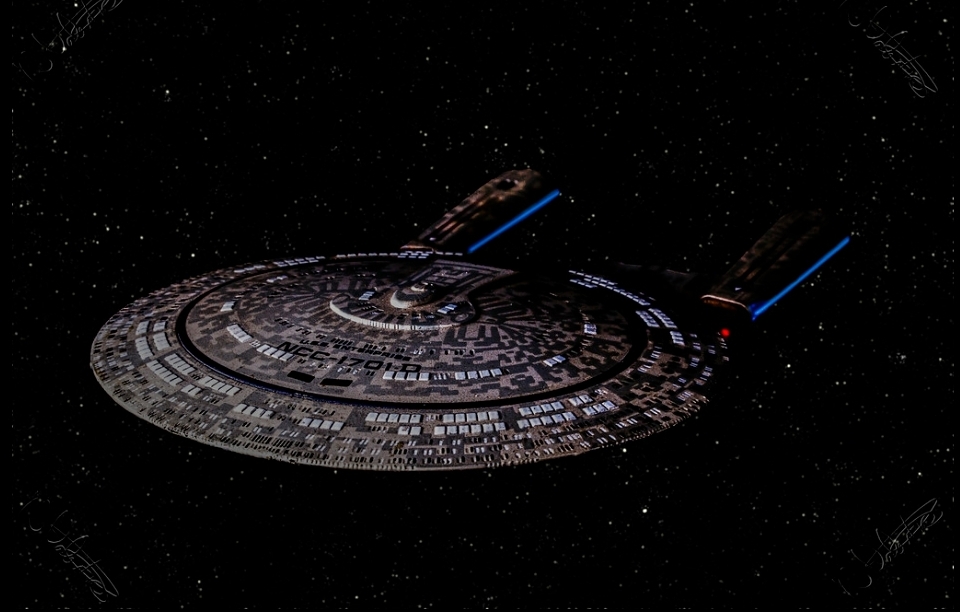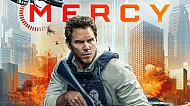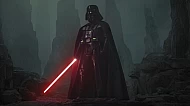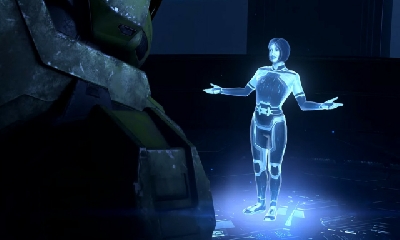Science fiction is about imagining the "what if", which is often an extension of the technology we have today. In this way, science fiction isn’t just about merging the possible with the impossible, much of the time it involves predictions of what could very well come next.
As much as we understand this concept, it’s something we often fail to relate to the tech of our real world. The technology of the real world has evolved so rapidly that we rarely step back and account for how far its come, and in doing so we take it for granted. From the right perspective, however, even the humble phone you carry in your pocket is a science fiction device that writers from history never considered a serious reality, at least not so soon.
A Perspective on Regular Use
While mobile phones were originally mainly for direct calls, today they're just as much about leveraging software to open a range of new opportunities more fascinating than we appreciate. For example, consider a common use like playing online casino games. This process begins with selecting the best casino sign up offers like deposit matches, free spins, and seasonal promotions. Casino users then make online payments and withdrawals, play games like slots and poker, and even stream live games directly onto their handheld systems. Instead of one use, a service like an online casino can accomplish dozens of different goals. To us, this seems simple enough, but how much complexity was accounted for in science fiction's predictions?
Turning Back the Clock
Casino titles are made of code, and a lot of this code is mathematics. The idea of running maths on portable systems has been around for a long time, but the complexity of modern systems blows early predictions out of the water. One of the first examples comes from Isaac Asimov’s 1951 Foundation novel, with the inclusion of a calculator pad. This hard plastic device was a dedicated system created to take written equations and supply results, a fantastically useful potential invention Asimov imagined for the future. Of course, the first real pocket calculator, the Busicom LE-120A "HANDY" would later accomplish this feat in 1971. Today, the mobiles we carry in our pockets are millions of times more powerful, and multifunctional, though the calculator pad can also be thought of as one of the early concepts for a tablet computer.

"Foundation" (CC BY 2.0) by snigl3t
More advanced multiuse software and communication systems like different casino games and video streaming communication appeared much later too. These technologies made appearances in Star Trek, although even the setting of the distant future failed to predict how far technology would come. The video calls featured in Star Trek were of low quality, whereas a modern live stream has tens of times the detail, hundreds of years before Star Trek TOS was set. Even the super-advanced tricorders don’t have the flexibility of a smartphone from years ago.

"NCC-1701-D in a starfield" (CC BY 2.0) by The Manic Macrographer
Old science fiction media is full of technology that captures and ignites the imagination, but we tend to confine our appreciation of it to within the medium. We might not be able to travel between the stars, but so many of the smaller pieces of tech in early sci-fi are so far outshined by what we have today that it's almost hilarious. Off-base early predictions aside, try putting yourself in the shoes of a time traveller from the 1950s and take another look at what your smartphone can do. From playing a couple of rounds of blackjack on the go to instantly running calculations that would take old supercomputers weeks to complete, the future is already here, even though we didn't see it coming.

Pluribus Creator Intended to Riff Off Genre Headliners, But Perhaps Didn’t Expect This Connection
From the creator of Breaking Bad and Better Call Saul, expectations were notably high for the Apple TV+ release of Pluribus. The platform’s risi...

Watch 2 new Mercy (2026) movie clips ahead of the film's January 23rd release date!
Amazon's MGM Studios have just released 2 new movie clips from Mercy starring Chris Pratt and Rebecca Ferguson.

Stranger Things Season 5 Episode 7 suffers big drop in ratings ahead of the series finale!
Season 5 saw a sharp drop in ratings at the conclusion of Episode 7 – The Bridge, with many fans disappointed by drawn-out scenes and questionable writing.

Weta Workshop share King Kong concept art to commemorate film's 20th anniversary!
Take a look back at some awesome early artwork created for Peter Jackson's iconic King Kong movie!

Disney just signed a deal with OpenAI to let Sora curate videos using Star Wars, Marvel, Pixar & other Disney characters.
Disney have made headlines by partnering with OpenAI to let the platform have access to Disney properties and characters from Star Wars, Marvel, Pixar and more.


